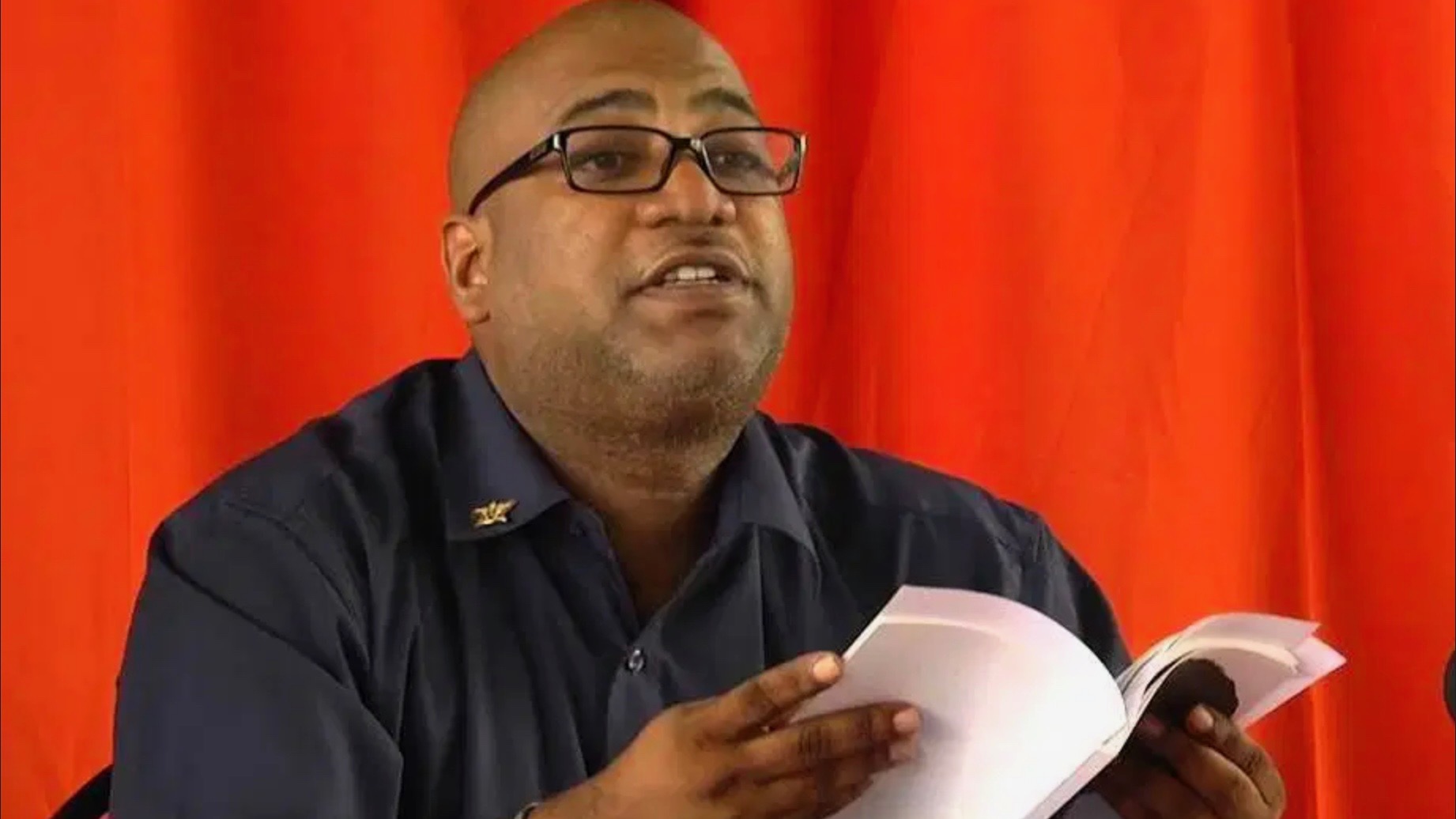The Caribbean country, Trinidad and Tobago, is experiencing racial tensions following the general elections held on August 10. The supporters of the two major political parties, the ruling People’s National Movement (PNM) party and the opposition United National Congress (UNC) party, have been making racist comments against the other on social media networks, triggered by the outcome of the general elections. People on the ground fear that there is a high risk of violence breaking out.
The preliminary election results showed the PNM party won 22 of the 41 electoral seats, while the UNC party won 19 seats. The UNC leader Kamla Persad-Bissessar refused to concede her defeat and requested for recounts in three constituencies. Once it became evident that the UNC had lost the election, several stalwarts of the party began expressing their discontent in racist language on social media and the backlash was swift.
The Oilfields Workers’ Trade Union (OWTU), one of the largest and strongest trade unions in the country, has condemned the flare-up of racial discord. The OWTU stressed that the racial divisions within the country were created on purpose by politicians and the elites to divide the working class.
“It is critically important that the working class first understand the politico-economic history of racism in this country and secondly reject all attempts by politicians and the elites in our society to divide and distract us from our real material interests,” said the OWTU in an official statement.
During its 81st Annual Conference of Delegates, held on August 15, the OWTU highlighted that “poor ordinary people and their interest could never be served with a racially divided working class” and warned that “this hostility and division will only serve the interest of the elite class.”
It reminded the citizens of the country’s colonial history and how the colonizers “used this divide and rule tactic to ensure they maintained easy and cheap access to workers’ labor.” It also reminded how, despite numerous roadblocks, the united working class achieved radical changes and made significant progress towards the development of the country.
In conversation with Peoples Dispatch, Ozzi Warwick, the Chief Education and Research Officer of the OWTU, further explained that “the racial division in Trinidad and Tobago has to be understood in its political, economic and historical context. It is particularly driven by the economic elites to ensure they maintain economic control and power over the state. The working class as a whole regardless of race has to face daily exploitation and this is exacerbated by the neoliberal policies.”
Warwick stressed that “the unity of the working class is critical to challenge the dominant neoliberal ideology if there is to be a chance for an improved quality of life and to achieve social justice. The focus must be to advance our class interest. When we add the economic impact of COVID-19, the capitalist class will do all it can to recuperate their losses off the backs of the working class both Indian and African. It is only through a united class struggle that the working class of Trinidad and Tobago can emerge with their dignity intact and to further pull down the old post colonial edifice.”
Politics in Trinidad and Tobago have often been divided along ethnic lines. The two largest demographic groups in Trinidad and Tobago comprise people of African and Indian descent. For the most part, they vote along these lines, with Afro-Trinbagonians supporting the PNM and Indo-Trinbagonians supporting the UNC. Both the parties have been playing the race card during the elections for years.
However, this year particularly, the UNC’s campaign relied on what some believed to be racist tropes and stereotypes. It canvassed the Black vote by portraying Afro-Trinidadians as struggling economically. PM Keith Rowley also accused the opposition party for provoking the population and inciting the conflict.
“The intention of that platform was about trying to get PNM’s supporters to be angry with the PNM for not looking after their needs based on their allegiance to the PNM based on race,” Rowley told reporters after he was sworn in for a second consecutive term as Prime Minister on August 19.
The social movements and trade unions from across the country rejected the racist discourse and called on citizens to pacify the conflict, highlighting that racism is the major barrier in the way of achieving true progress and that such incidents further polarize the country.





